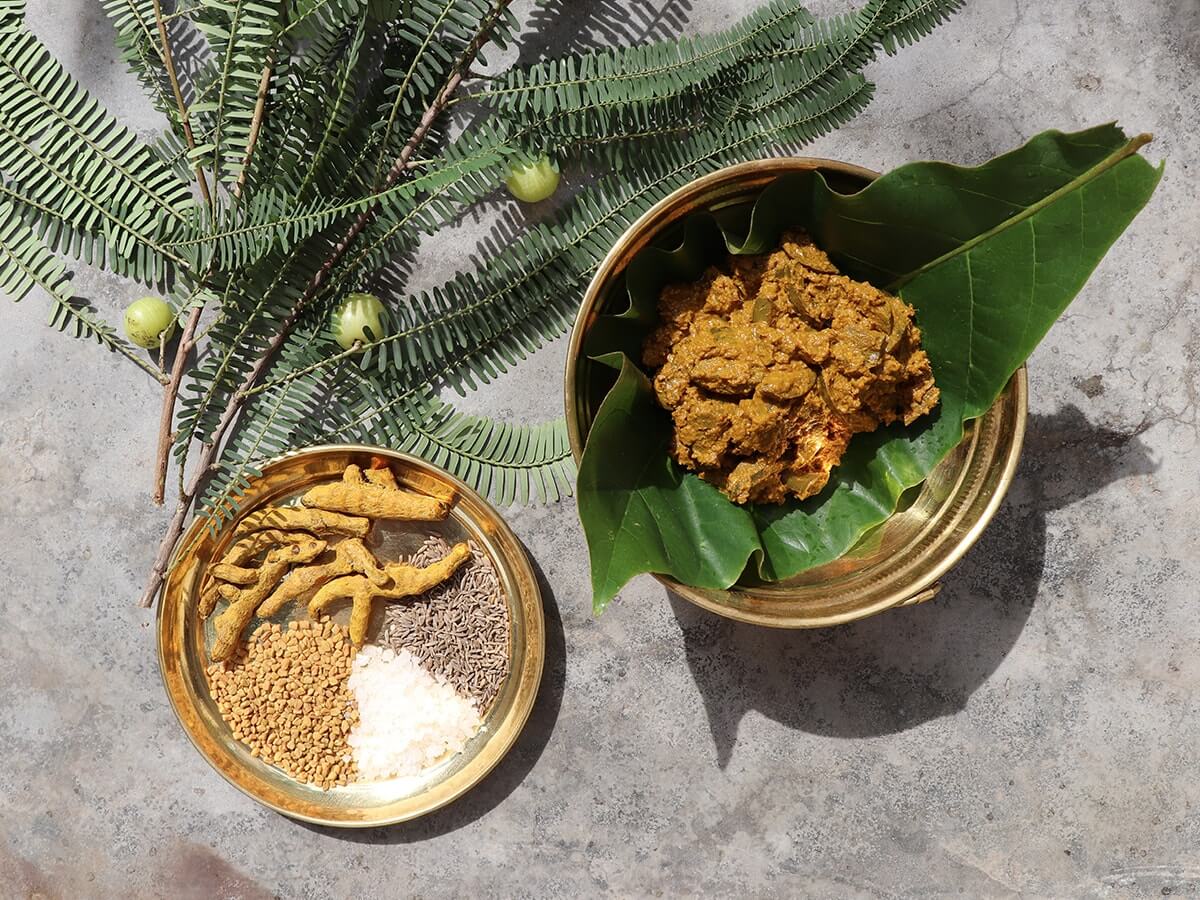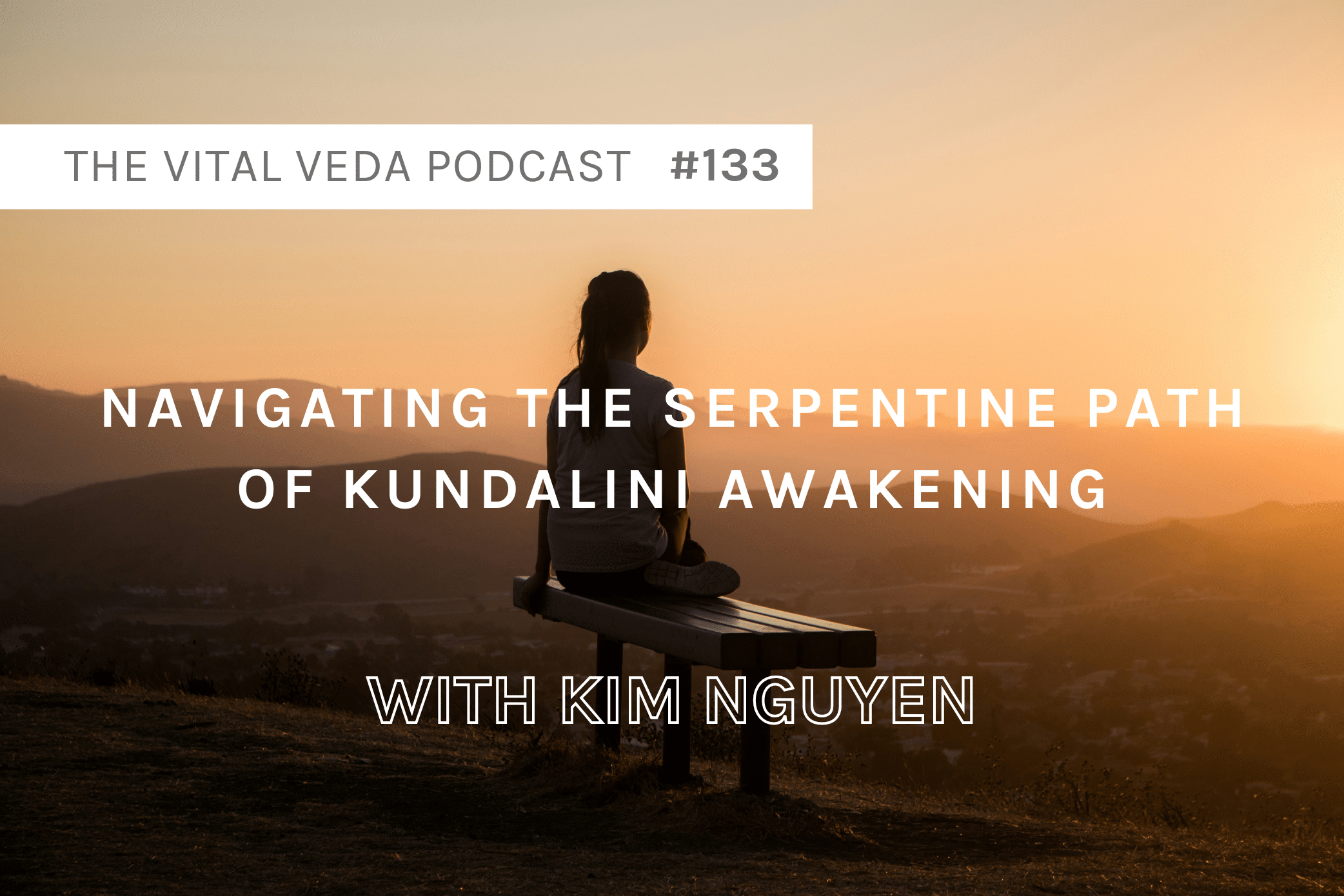Amalaki (Indian Gooseberry)
This amla recipe can be adjusted to make lemon pickle by replacing the amla with chopped-up lemons.
Amla is the common name for the fruit of the Amalaki plant (Embilica officinalis). This is not only considered by many to be Ayurvreda’s most potent fruit, but Amalaki is also one of the most important herbs in Ayurveda.
Tridoshic Fruit
One of the marvels of Amalaki is that it contains all 6 tastes except salt. Thus this fruit mitigate:
- vata by its sour taste
- pitta by its sweet taste and cold virya (energy) and
- kapha by the dry quality and astringent taste.
Benefits of Amla
- Rasayana – Rejuvenator that promotes longevity. Rasa (the essence of properly digested food) is being spread (ayana) to nourish all the rasavaha srotas: 10 dhaminis (arteries) and heart, as well as the udakava srotas: Talu (soft pallet) and kloma (pancreas/thyroid).
- Good for the lungs and immunity.
- Digestion – assists bowels and reduces inflammation in the GIT as it supports healthy intestinal “inner” skin. This accordingly improves health and lustre of the “outer” skin.
- Diabetes.
- Fantastic aphrodisiac and rejuvenator.
- Amalaki’s prabhava (special effect) is having a sattvic effect that raises the quality of consciousness and the overall wellbeing of the body.
Vitamin C Powerhouse
According to the studies, the average Amla fruit (22.5gm) contains 121mg of vitamin C.
The average orange (130 grams) has about 70mg of vitamin C.
So one little Amla berry is packed with more vitamin C than the orange, which a 5.8 times bigger fruit!
Amalaki has 10 TIMES the amount of vitamin C than an orange when we measure equal weights of both fruits.
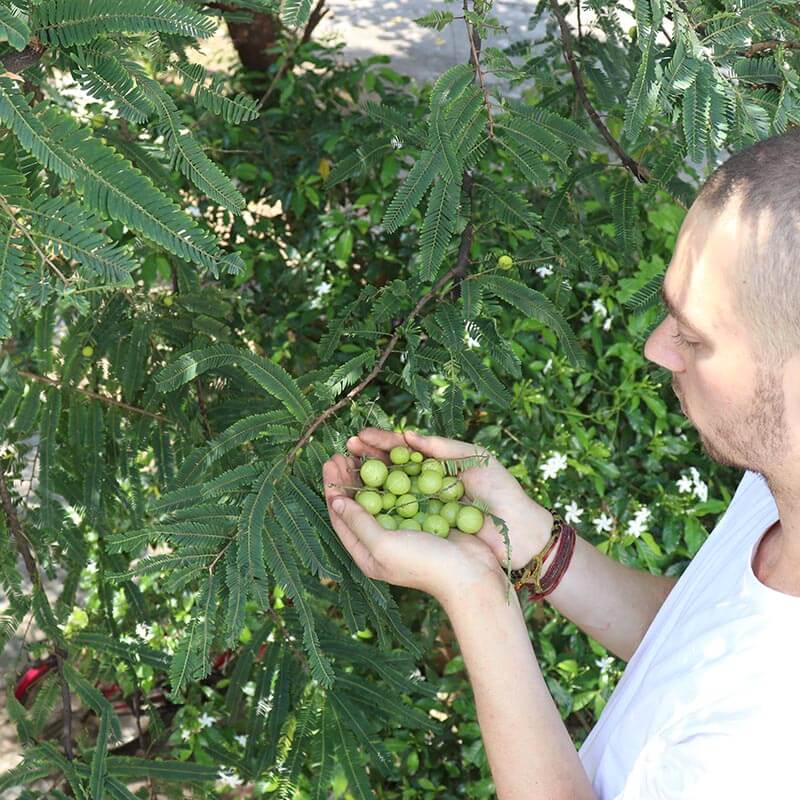
Research suggests this all-natural vitamin C content contributes to the potent antioxidant capabilities of Amalaki.
This is far from mega doses of vitamin C that people are taking. But what is compelling is the ability of Amalaki to take a small amount of vitamin C and use it to activate an entire matrix of chemicals that deliver a multitude of health benefits.
AMLA PICKLE RECIPE
Note this recipe can simply be adjusted to make Lemon Pickle by replacing Amlas with chopped-up lemons.
Fresh Amla is hard to get outside of Asia.
INGREDIENTS
- Finely chopped Amla fruit – 1 kg
(or if making lemon pickle, slightly peel the outer layer off then chop 1kg lemon). - Rock salt – 100 gm.
- Sea salt – 200 gm.
- Turmeric powder – 25 gm.
- Dry roasted ground fenugreek powder – 2 tsp.
Dry roast until it is very good smell and brownish red colour. Then grind to powder. - Dry roasted ground cumin powder – 5 tsp at least.
- Lime Juice – 1 tbsp.
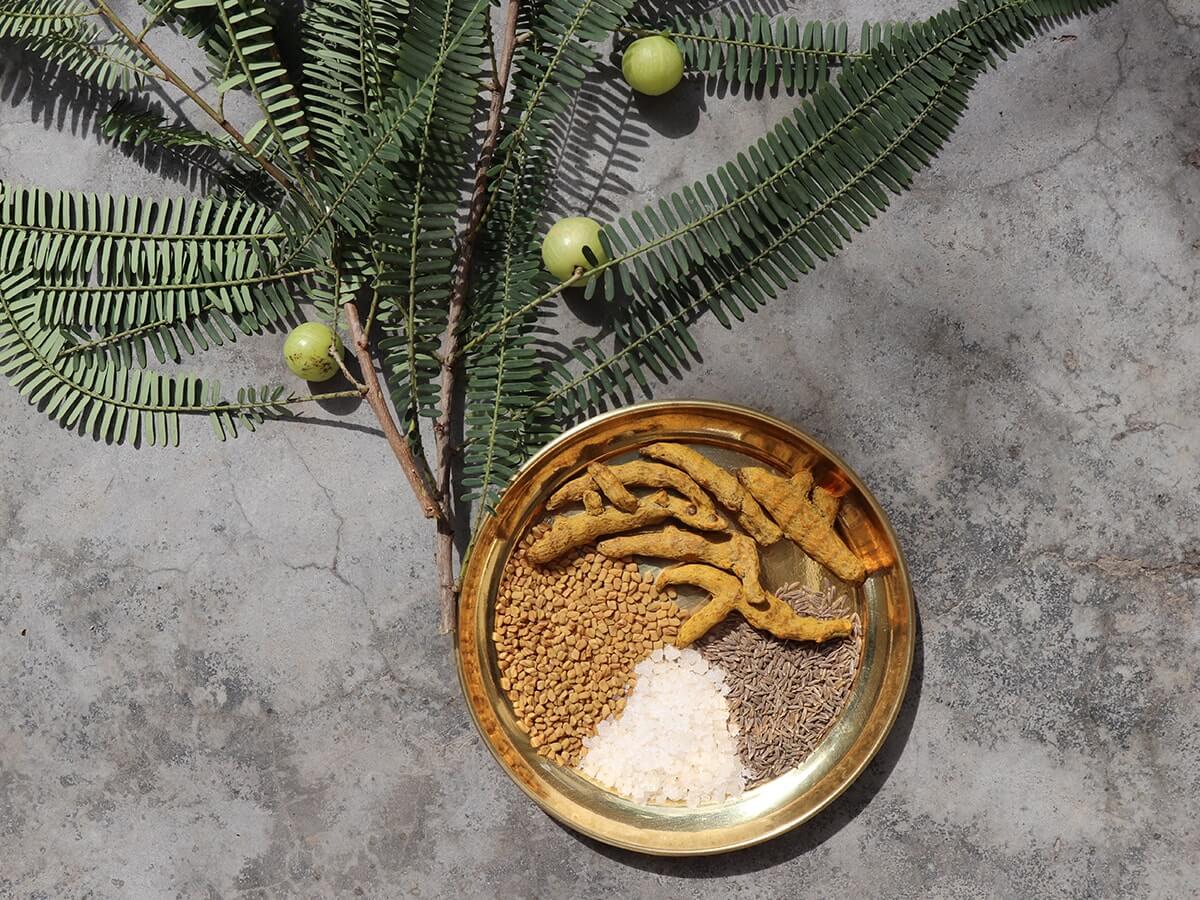
METHOD
Day 1
- Finely chop Amla fruit (approximately into 6 pieces per fruit) and remove the seeds until you have 1kg.
- Add 25 gm turmeric power and mix well.
- Add 5tsp roasted cumin powder + 2 tsp roasted fenugreek powder.
- Leave in a bowl loosely covered with a lid closed for 3 days (72 hours). Mix well at least a few times a day.
Day 4
- Add 100 gms rock salt + 200 gms sea salt. Mix well.
- Leave in a bowl with the lid closed for 3 days (72 hours). Mix well at least a few times a day.
(A lot of salt preserves and cooks the pickle).
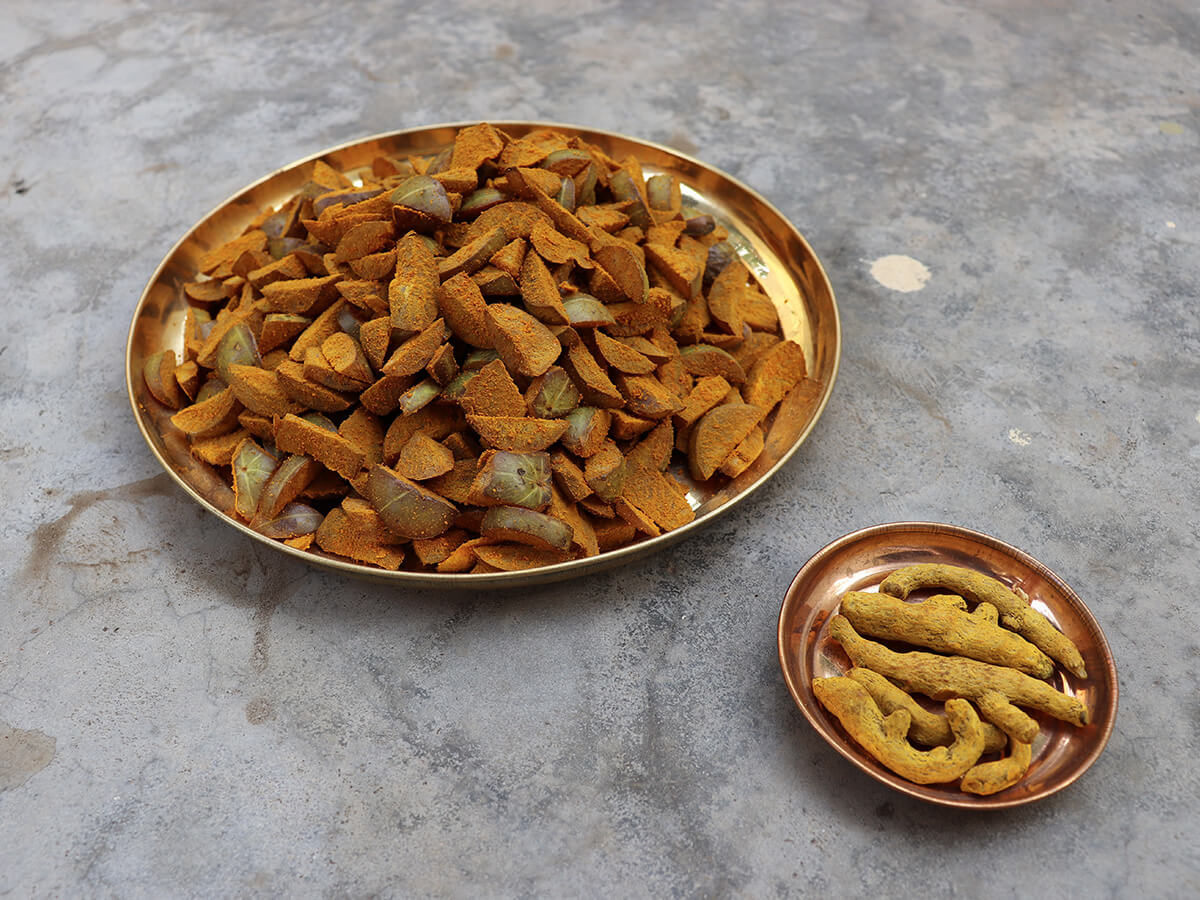

Day 6:
- Now the pickle is just about ready but requires one last step.
- In a pan, heat ghee then fry in the ghee:
- mustard seeds till they pop.
- Then cumin seeds and fenugreek seeds till they pop.
- garlic, curry leaves and dry chilli until the garlic becomes golden colour.
Store the pickle in a glass jar and it is ready to be used.
This pickle gets better with age when stored in a glass jar.
Have you tried this amla pickle recipe? How did that go? Comment 👇

